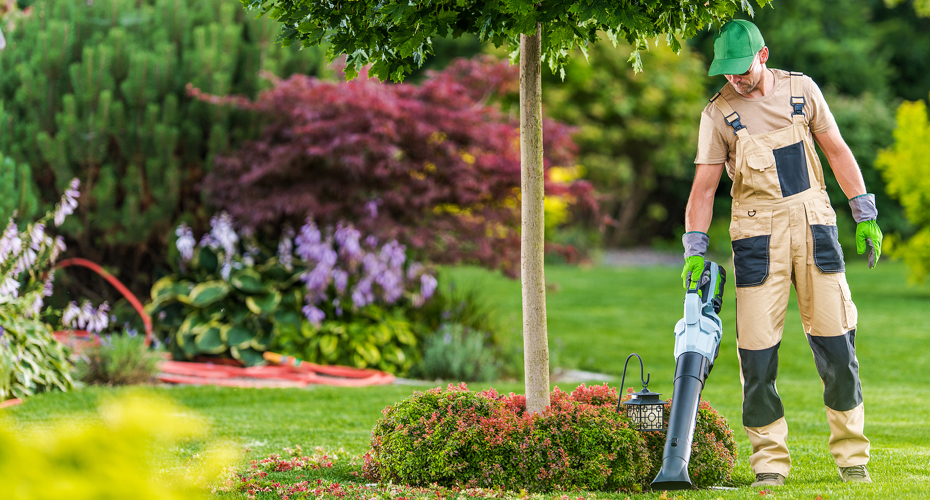Goodbye, Gas-Powered Landscape Equipment?

Sale of Gas-Powered Landscape Equipment to be Banned?
On October 9, Governor Gavin Newsom signed a new law that orders state regulators to ban the sale of new gas-powered equipment using small off-road engines (SORE), which includes all lawn and landscape equipment, pressure washers and generators, as early as 2024.
This legislation is part of the work to reduce greenhouse gas emissions. Another piece of this work is Governor Newsom’s stated goal to mandate that 100 percent of in-state sales of new passenger cars and trucks are zero-emission by 2035.
In March 2021, the California Air and Resources Board (CARB) released an updated proposal that would move the date of the ban of the sale of all new SORE from 2026 to 2024. CLCA has been monitoring the developments at CARB, advocating for the industry, and is part of the consortium of industry operations experts that provides information about the realities of how landscape professionals use their equipment.
CLCA members and green industry professionals are committed stewards of the environment and work to conserve our state’s resources. The primary issue with the proposed CARB regulation is the failure to acknowledge the differences between commercial and residential uses and recognize the fact that commercial zero-emission equipment is currently not yet comparable to gas-powered equipment due to:
- Increased costs
- Performance shortfalls
- Battery compatibility issues
- Lack of adequate infrastructure to support full transition
While the signed bill requires CARB to further consider the differences between residential and commercial uses, the timeline as to when a ban will go into effect remain up to CARB’s discretion.
During the state budget process, a budget trailer bill, SB 170 was approved that would allocate up to $30 million for rebate programs. Unfortunately, that funding would fall way short of the demand anticipated when you consider the sheer number of commercial landscape equipment users. Because of the significant upfront costs to switching to battery operated equipment, it is crucial to have a useful rebate program in place with sufficient resources to help landscape professionals make the transition.
While the bill has been signed into law, there are still opportunities to change the timeline. On October 13, CLCA staff and members and representatives of the National Association of Landscape Professionals met with CARB to discuss changing the implementation timeline and the current challenges of using battery powered equipment.
Now that CARB has published their draft rule, there is a 45-day comment period. It is critical for landscape professionals to participate and let CARB know that the transition in 2024 is too soon for commercial users.
After the comment period closes, CARB has time to amend the rule before it goes to a vote of the members of their board, which is projected to take place in early December.


